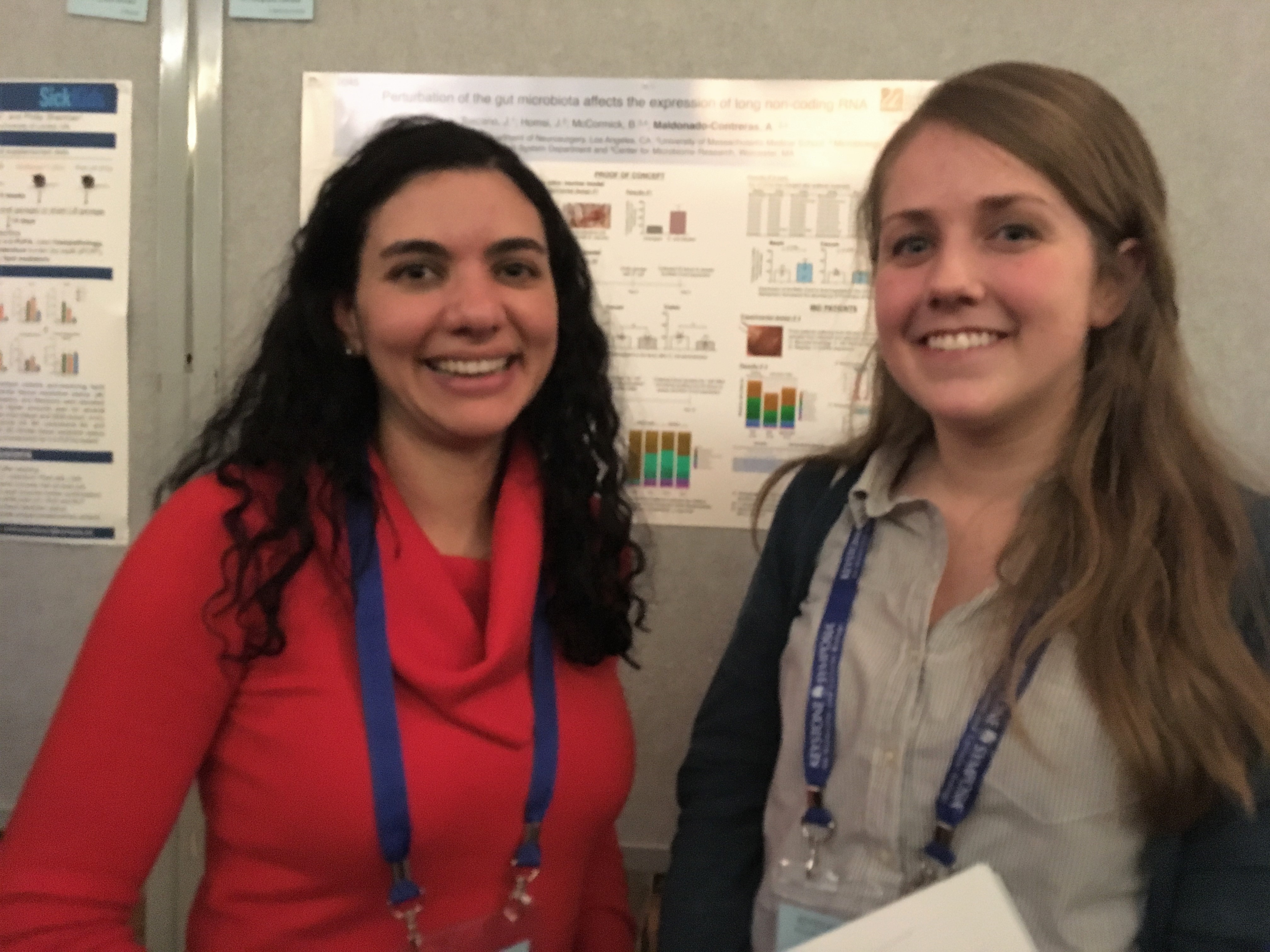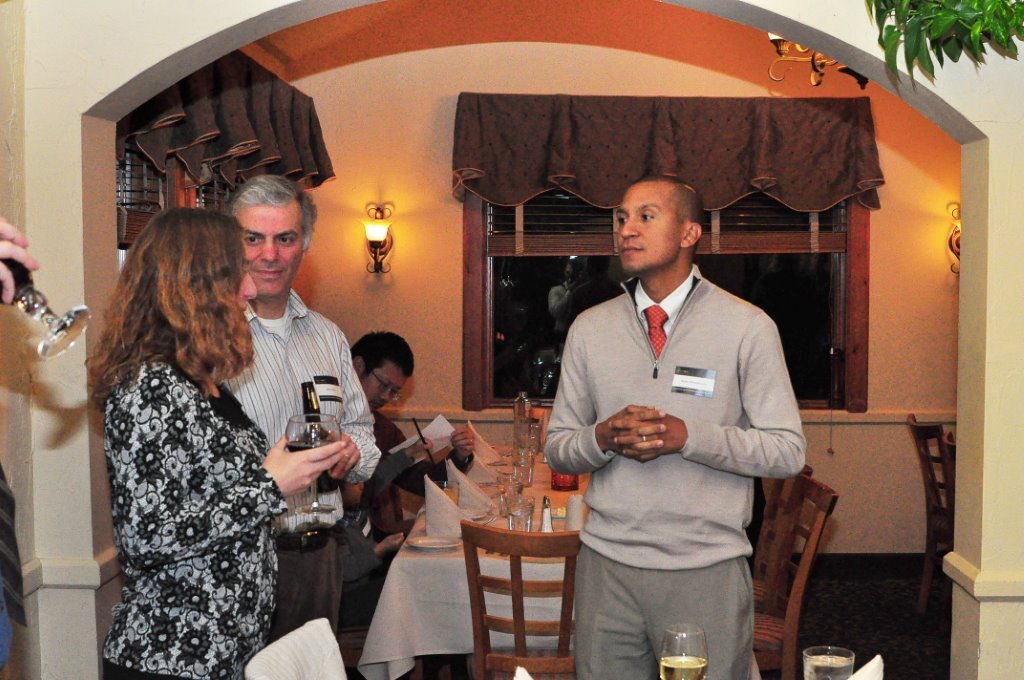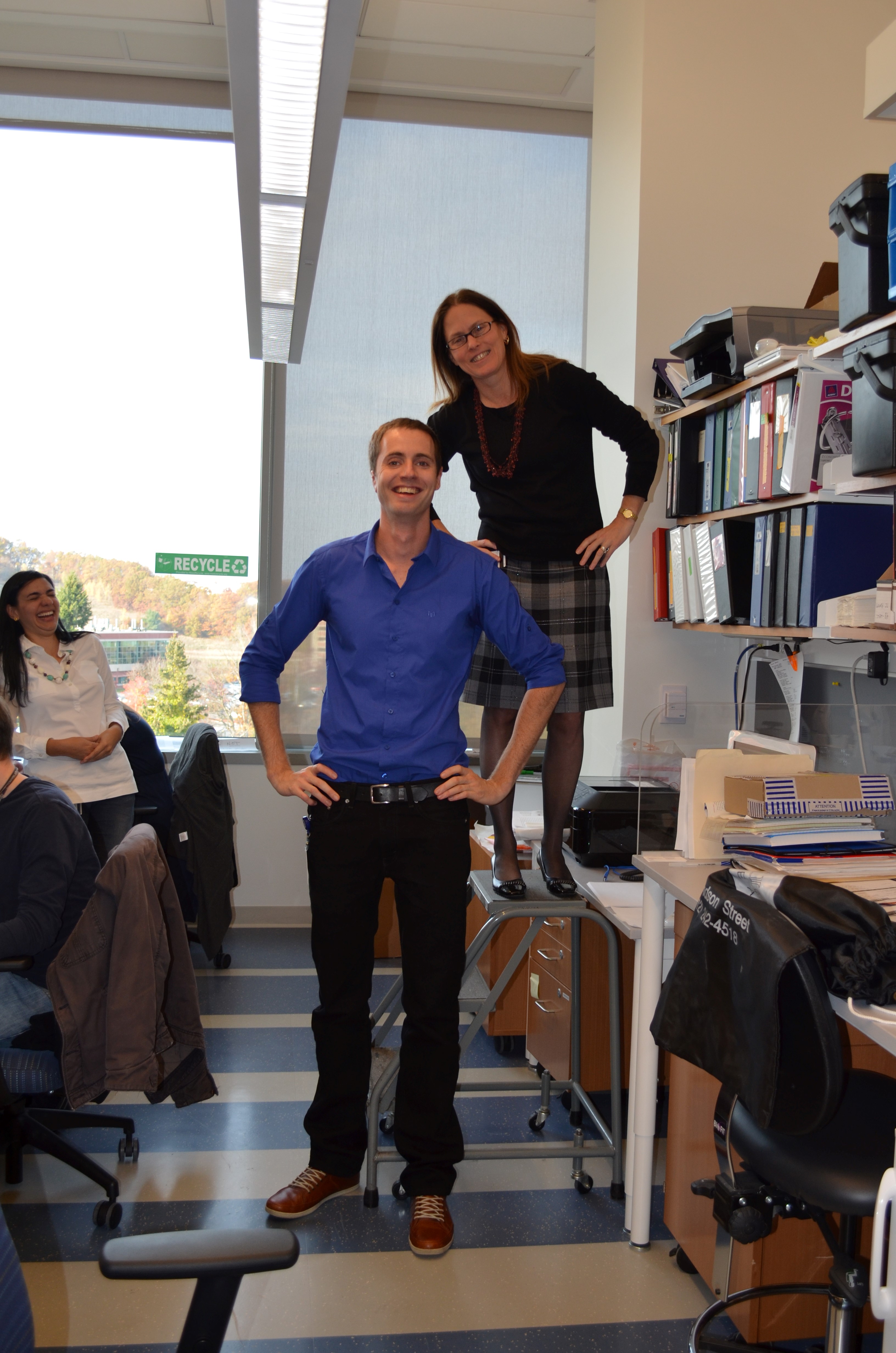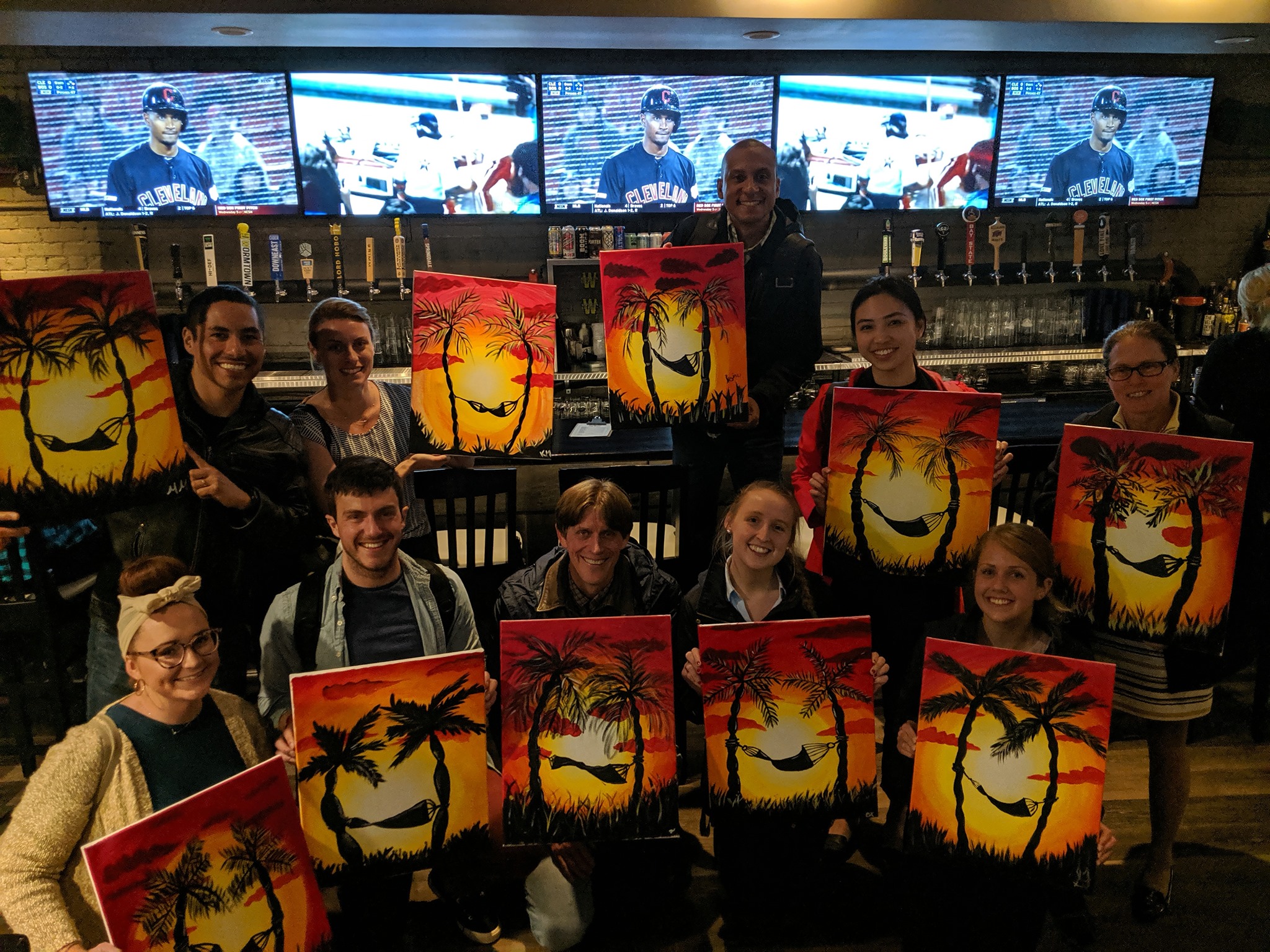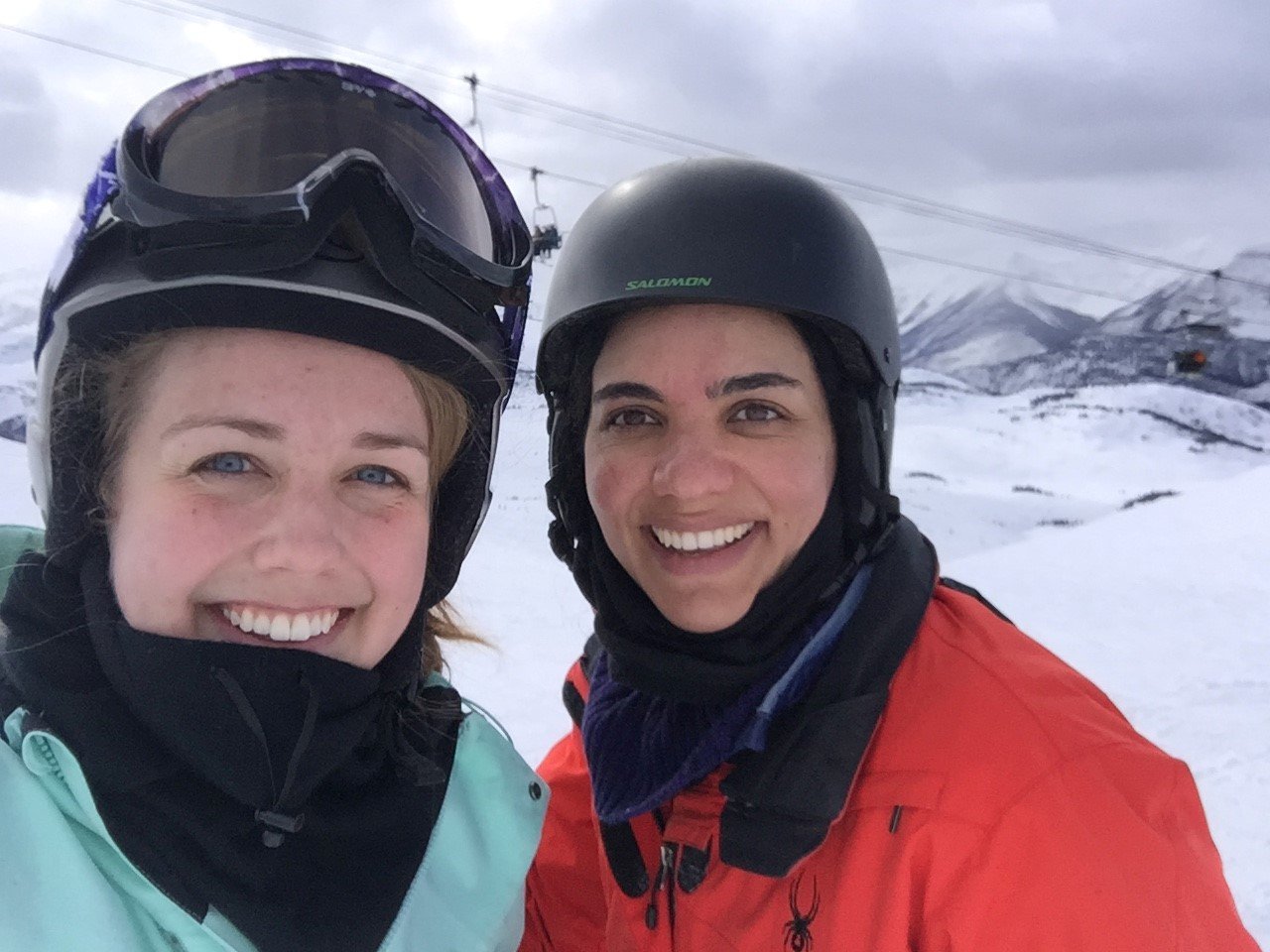Current Members
-
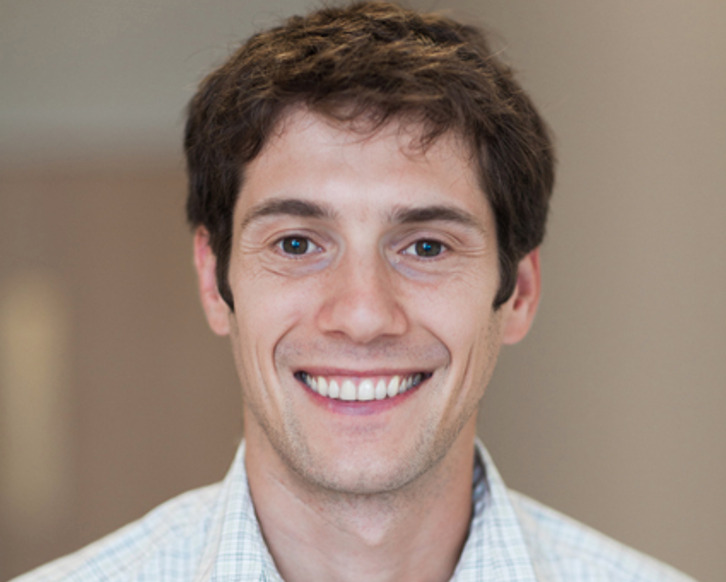
Evan Bradley, MD, PhD
Assistant Professor, Emergency Medicine
Dr. Bradley is an emergency physician with a PhD in microbiology. His research interest centers around utilization of high-throughput DNA sequencing to study the interaction between the human microbiome and infectious disease. Certain organisms in this community also influence innate and acquired immunity that can alter the course of infections once they take hold. Dr. Bradley seeks to determine what features of this community are associated with conditions such as recurrent urinary tract infection in the elderly or progression to severe pulmonary complications of respiratory viruses such as the novel corona virus that causes COVID19.
-

Vanni Bucci, PhD
Associate Professor, Microbiology
Systems and Synthetic Biology of Host-Microbial Interactions
Dr. Bucci has pioneered frequentist and Bayesian regression techniques to infer host-microbiome dynamics from time-series abundance data. He has applied these methods with both unsupervised and supervised machine learning approaches to (1) predict dynamics between intestinal commensal and enteropathogenic bacteria in both animal models and human clinical studies, (2) determine colonization potential and structural stability of bacterial therapeutics that induce anti-inflammatory responses, (3) identify bacteria and related functions that play central roles in Alzheimer’s Disease etiology via immune-systems modulation, and (4) determine how the microbiome reprograms systemic gene expression following anti-TB therapy. In the experimental side of his research, Dr. Bucci works on the development of synthetically-engineered probiotics to decolonize multi-drug resistant Enterobacteriaceae from the gastrointestinal tract. -

Silvia Galván Peña, PhD
Assistant Professor, Microbiology
Systemic Impact of Host-Microbe Interactions
While communication between host and commensal microbes is best understood at the barrier tissues the microbiota occupies, it is now clear that it extends systemically to non-mucosal sites. Dr. Galván Peña's lab investigates how intestinal immune populations integrate signals from the microbiota and communicate with other cell populations and microbial metabolites at distal tissues. Understanding the molecular details of this gut-to-systems communication could hold the key to understanding cause-effect relationships of the microbiota within the context of inflammatory diseases. -
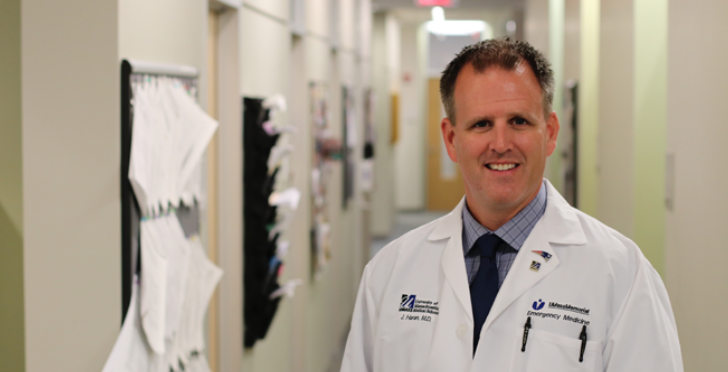
John Haran, MD, PhD
Professor of Emergency Medicine and Microbiology
Clinical Director of the Center for Microbiome Research
Dr. Haran’s research focuses on the development of the aging gut microbiome and how it influences age related diseases. He has a specific focus on multidrug resistant organism colonization and infection and the “microbiome-gut-brain axis” among elders with Alzheimer’s disease.
-
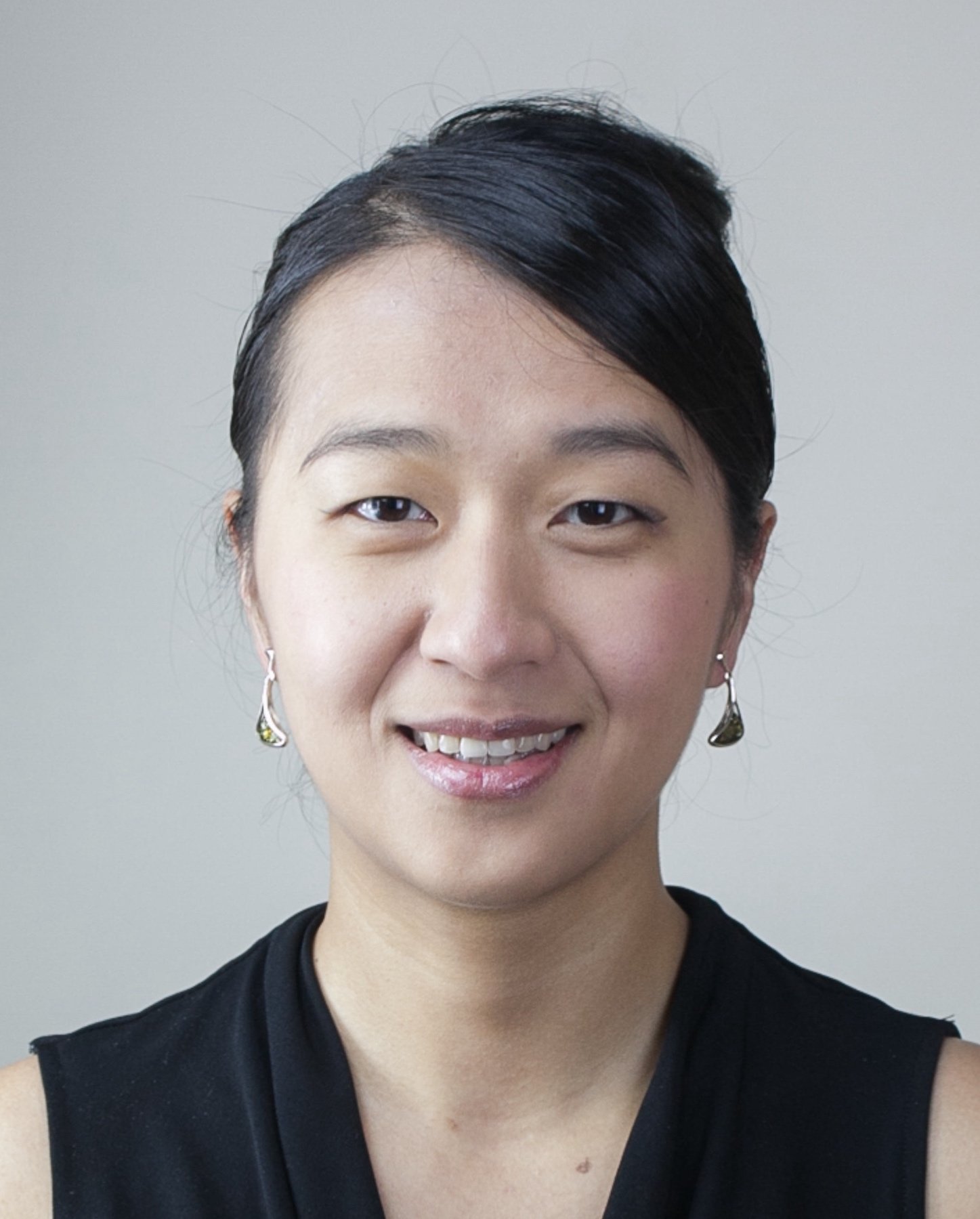
Cindy Lai, MD, PhD
Senior Data and Scientific Communications Manager
Dr. Lai supports the PMD faculty in scientific communications and research data cleaning. She studied host-pathogen interactions of enterohemorrhagic E. coli during her graduate work at UMass Chan. Prior to returning to UMass Chan, she supported project management and R&D at two very early stage biotechnology start-ups and worked as a scientific and medical writer.
-
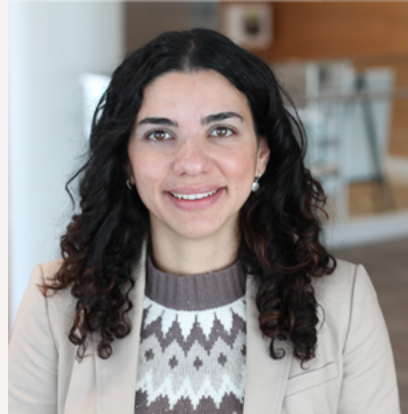
Ana Maldonado-Contreras, PhD
Assistant Professor of Microbiology
Co-Founder, University of Massachusetts Center for Microbiome Research
Dr. Maldonado-Contreras’ laboratory is focused on developing evidence-based dietary interventions targeting microbiome-immune interactions to reduce inflammation - a key to curing our most prevalent chronic illnesses. Diet is a modifiable, non-invasive, inexpensive lifestyle change that rapidly shapes the microbiome. By merging clinical nutritional trials with multi-omics approaches, the Maldonado-Contreras laboratory aims to: 1) Advance the mechanistic understanding of diet-microbiome interactions that leads to chronic inflammation, 2) Develop microbiota-centered therapies to lessen inflammation, and 3) Provide evidence-based dietary guidelines that can be readily integrated into clinical care.
-

Beth McCormick, PhD
Worcester Foundation Chair in Biomedical Sciences
Professor and Chair, Department of Microbiology
Founding Director Program in Microbiome Dynamics and the Center for Microbiome Research
Dr. McCormick has had a long-standing interest in studying epithelial barrier function in the intestine as well as understanding neutrophil-driven inflammation and resolution during enteric bacterial pathogen infection, inflammatory bowel diseases, and more recently the process “inflammaging”. Her current research focuses on three main topic areas: 1) Host-pathogen interactions in Salmonella typhimurium, Shigella flexneri, and Clostridioides difficile infection, 2) Understanding the mechanism of beneficial microbe-driven intestinal homeostasis and prevention of mucosal inflammation via regulation of a balanced host multidrug resistance transporter system, and 3) Cancer therapy development utilizing a Salmonella typhimurium-based platform targeted to multi-drug resistance transporters.
-

Doyle Ward, PhD
Associate Professor of Microbiology
Director of Operations, Center for Microbiome Research
Dr. Ward’s laboratory applies microbial genomic and metagenomic approaches to understand the epidemiology of pathogens in human diseases, and supports multi-omic approaches to understand the role of the microbiome in human health.
Former Members
-
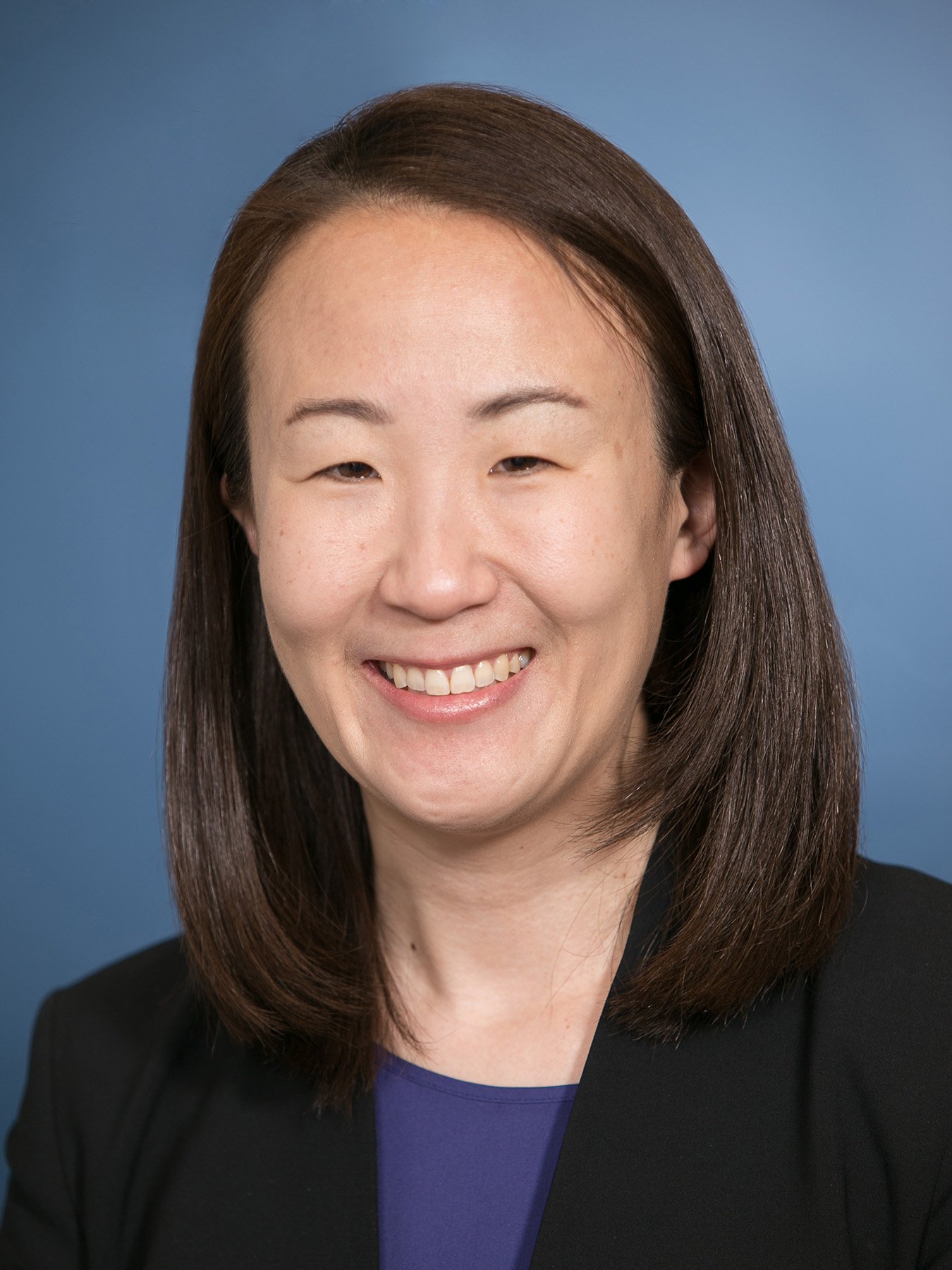
Patricia Cho, MD
Assistant Professor, Urology
Dr. Cho’s research interests focus on factors including the gut microbiome and their contributions towards the development of chronic kidney and renovascular disease as a consequence of congenital anomalies of the kidney and urinary tract.
-
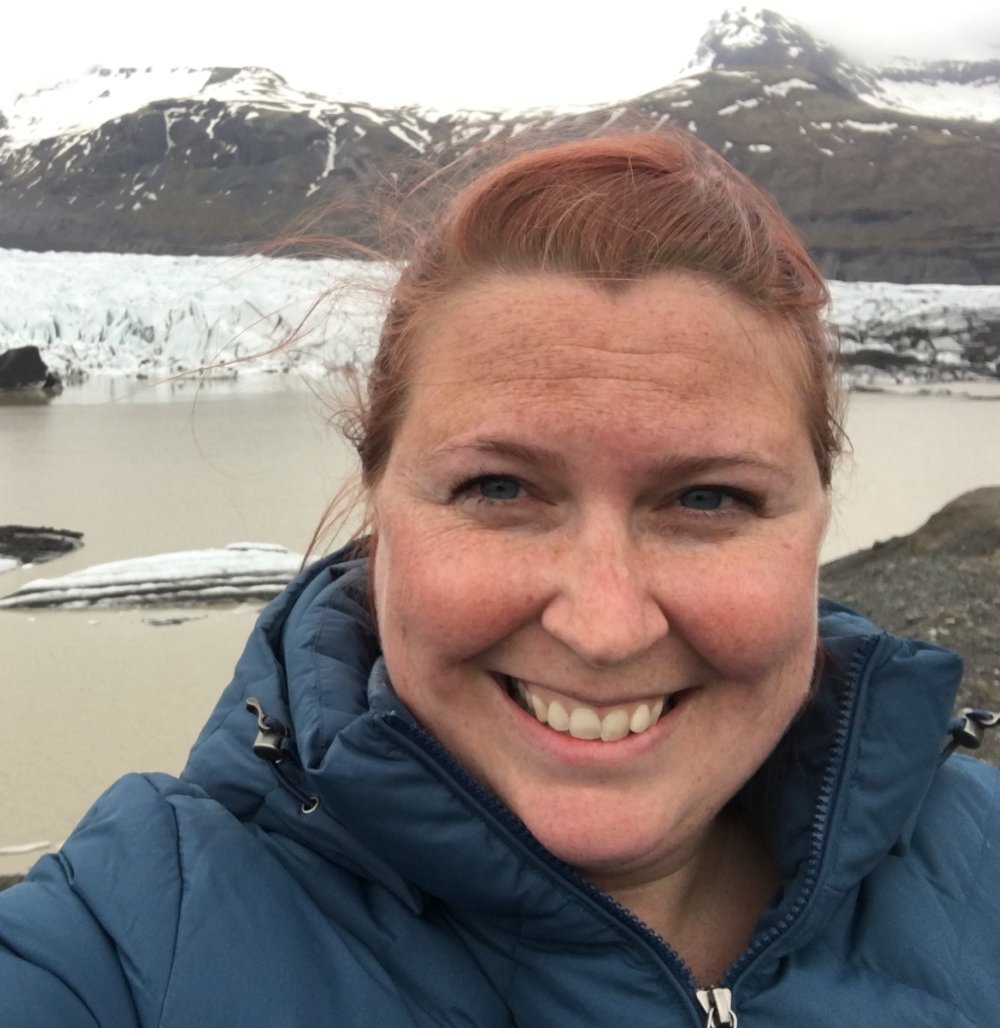
Rose Szabady, PhD
Co-Founder, University of Massachusetts Center for Microbiome Research
Rose Szabady, Ph.D., is a microbiologist and mucosal immunologist who trained with Prof. McCormick as a postdoc and co-founded the Center for Microbiome Research. Rose went on to lead Immunology at Vedanta Biosciences, where she led multiple programs bringing defined bacterial consortia to the clinic for disease indications including Food Allergy, Cancer Immunotherapy, and Inflammatory Bowel Diseases. Rose moved to Ferring Pharmaceuticals and worked for two years on small and large molecule drug discovery for GI and liver diseases before returning to her first love, the microbiome. She currently serves as Senior Director of Research and Discovery at Ferring focused on developing microbiome therapeutics.
